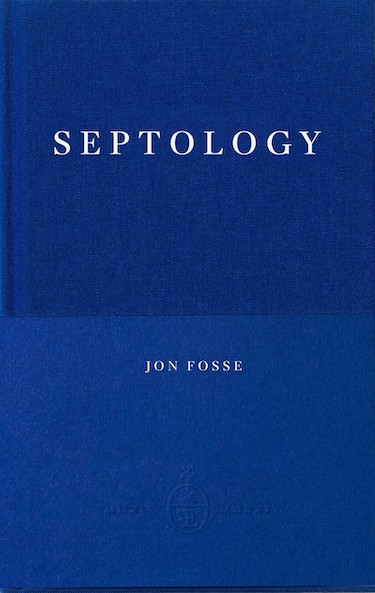Outwitting History: The Amazing Adventures of a Man Who Rescued a Million Yiddish Books
.svg)
Yiddish is a language of survival. Although spoken by only five percent of the world's population, it's one of the seven most widespread languages, spoken in every corner of the globe. In Outwitting History: The Amazing Adventures of a Man Who Rescued a Million Yiddish Books (Algonquin Books), Aaron Lansky recounts his successful efforts to preserve and promote this important language through saving its literature. Yiddish originated in central Europe during the tenth century and is a mix of Hebrew, Aramaic, Latin, French, Italian and Slavic languages. It's referred to as the mame-loshn, or mother tongue, and counter to popular assumptions at the time, it didn't become the official language of Israel. In recounting his efforts to preserve the literature, Lansky takes us into the living rooms-and kitchens-of elderly Holocaust survivors, ready to hand over their yerushe (inheritance). He describes his travels to Russia and Cuba, and to back-alley dumpsters, intent on finding books to save. He describes the contents of the "emergency kit" for his volunteer assistants: ointment and bandages for the schleppers, and antacid pills for the designated "eaters," the ones lucky enough to hear the stories and eat the homemade gefilte fish. Lansky demonstrates that language is culture, and that Yiddish is far from dead. He founded and now runs the esteemed Yiddish Book Center in Amherst, Massachusetts, where millions of Yiddish books are housed and digitized. His energetic memoir is a joy to read, mainly for what's learned, but especially for the humour and hope he brings to the text.








